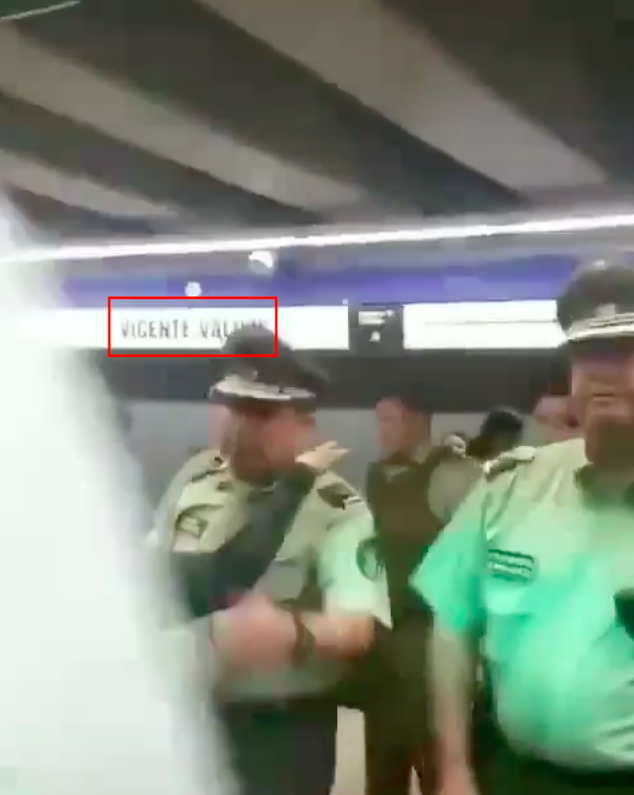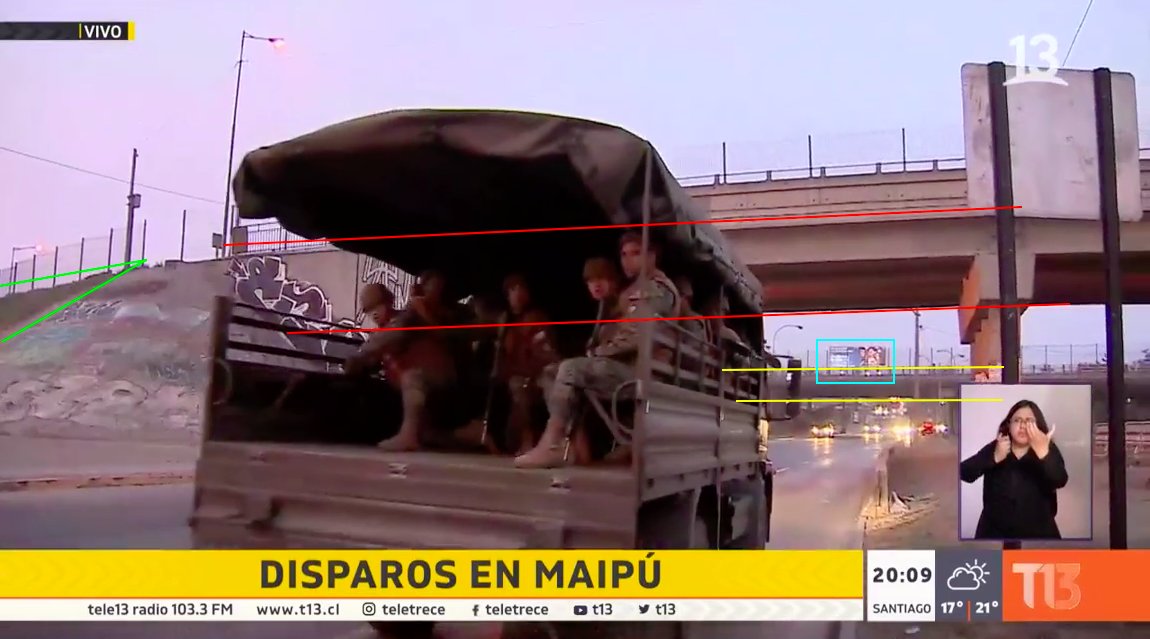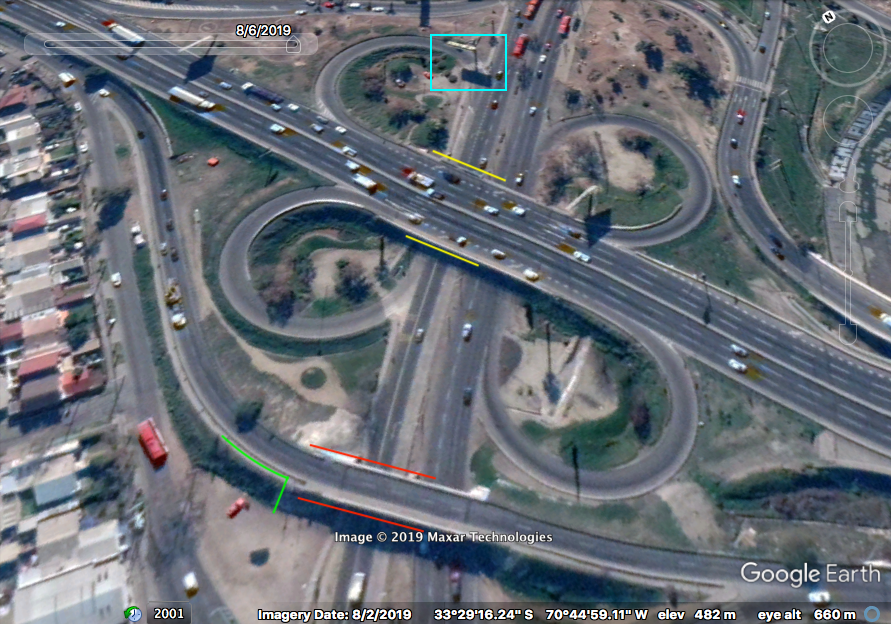This packet is a slight improvement over last year, but damn do they make it hard to get any concrete numbers or info from it.
Oct. 2017-Nov. 2019: 754 exits from homelessness
366 People have been housed
270 People have been reunited with family, friends, or support systems
118 People have been referred to treatment services or other long-term programs (such as Ready to Work)
15 ppl housed with vouchers represented 14,354 shelter nights
45% decrease in ppl at the shelter for 300+ nights
SWS will serve as overflow “when open” in winter
19 of those persons were actually housed at the time.
5 in Longmont
1 outside BoCo
Two deaths during winter season and shelter was open 15 days prior to death (but idk about day of death?)
3 with pneumonia (2 during summer; 1 with 44 continuous nights of winter shelter but they didn't access)
1 due to exposure of hypothermia. Did not go to sheltering, even though it was open, Firnhaber says
Of the other 10:
2 had lived in housing for 2+ years
One was diagnosed with cancer going through the screening and was "fast-tracked" into permanent housing
Firnhaber: We don't have any theories backed up by data, so I wouldn't be comfortable opining.
Firnhaber: Correct. They were during the summer. And the winter pneumonia death was during high temperatures.
$83B HUD budget in 1978
$18B 5 yrs later, in 1983
2017 HUD budget: $43B
Tax credits for homeowner in 2017: $144B
Changes in disability eligibility
The AIDS crisis
Great Recession
Income inequality
More high-end rentals being built than subsidized ones
"We have an increase that is lower than some of our" neighbors: FoCo: 43% increase; Greater Denver (including Boulder) is 8%; Denver city and county: 14%
Ebner says some trends just align with general migration data: Ppl move to attractive places. That includes unhoused ppl, too.
And $20K/yr per person who is in supportive housing.
From Path to Home navigation in 2019, 68% in BoCo for less than 6 mos.
Audible and visible displeasure from the audience at that remark.
Working with court system, city has been able to get ppl directly into housing so they don't go into the shelter.
Firnhaber: They do have severe weather sheltering.
Ebner: Even someone given a long-term denial, that's not a forever situation. At the end of the year, they have the ability to discuss with shelter staff or appeal.
Firnhaber: We don't have that data tonight. But after last night's council meeting, we had mediation team make themselves more available at shelters.
Firnhaber: It is confidential. There's also a phone number or email they can use to contact our mediation team.
Firnhaber: They reach out to whichever shelter is involved, tell them there's someone who wants a mediation. Both parties agree to; idk of any cases where a shelter hasn't agreed to mediation.
Pays for rent up to three times a year; payments 2 and 3 tied to certain requirements (getting kids to doctors, etc.)
Through Oct 2019: 364 families received rental assistance
Over $318,000 (580 distinct payments)
Disclosure: EFAA pays me to consult for them.
169 total nights 2018-2019
846 ppl used SWS for at least one night; 85% came through CE
Average age: 43
Average number of nights: 10 (median: 3.5)
Top 20 clients averaged 86 nights
Most use: 117 nights by one person
25 nights 30th Street over capacity
3 nights over system capacity
2019-2020 (so far) 48% of SWS ppl have been in BoCo less than one month; 68% less than 6 mos.
Ebner: At SWS, if we hit capacity, then we use navigation beds. If that facility looks like they're hitting capacity, they'll work with Shelter to determine who they can take.
Folks who don't engage with the system
Not enough housing supply
Capacity challenges in other services (mental health, etc.)
Balancing services (who gets what?)
Yes, Grove says: On the management board. We're looking at ways to involve more folks with lived experience.
Head-shaking in the audience at that.
That's where coordinated entry is moving.
Brockett: I don't think we're trying to provide for everyone. But we're losing capacity. We can't quite fit demand into space. I need a plan.
Ebner: It's too early to say if that's an option for us; they're going through changes as well.
Firnhaber: Yes
Firnhaber: I don't have those numbers, but there are a % of ppl who aren't successful in housing.
Firnhaber: We do. They go to coordinated entry, park their cars and use services provided to anyone else.
Firnhaber: I don't think so.
Brockett: I don't think this has a huge workplace component. But a larger discussion, yes, makes sense at the retreat.
We can put "guardrails" on it, but we need a safety net.
So that ends this... no decision or even straw poll on expanding severe weather sheltering tonight.















